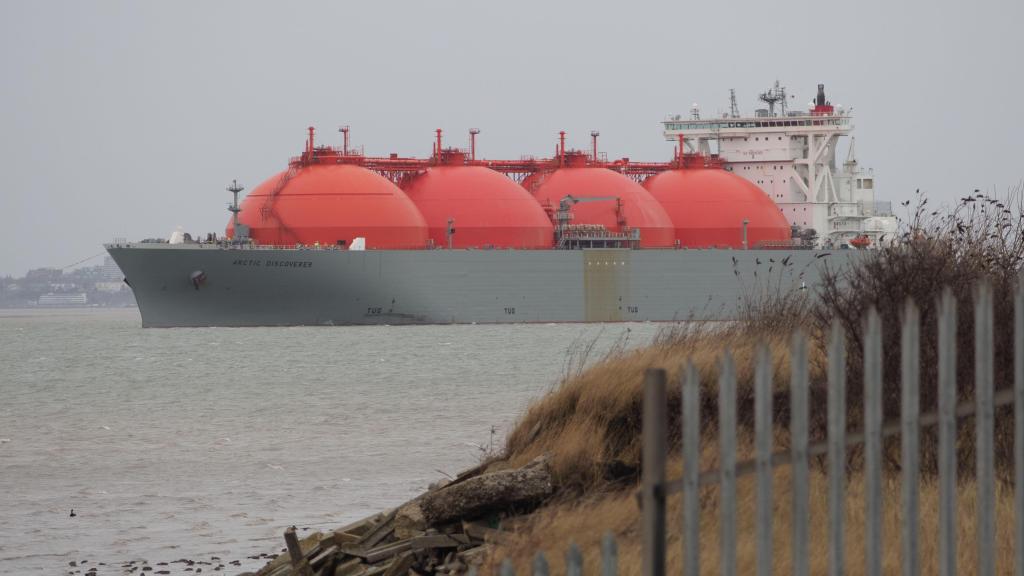Predictions suggest that robust gas storage levels and ample supplies of liquefied natural gas (LNG) may lead to a reduction in energy costs for many households across Britain early next year.
According to Cornwall Insights, an energy consultancy, the energy price cap is anticipated to decrease to £1,697 annually starting in January, which is lower than the current cap of £1,717 set to take effect on Tuesday.
Ofgem, the energy regulator, previously raised the price cap by 10%, or £149, marking the first increase since January last year due to a surge in wholesale gas prices driven by geopolitical tensions and extreme weather events.
Initially, Cornwall Insights had projected a further increase of £45 in the price cap, raising it to £1,762 from January. However, a surge in confidence regarding gas and electricity imports, combined with healthy storage levels, has contributed to a decline in wholesale gas prices.
Post the Russian invasion of Ukraine, Britain’s dependence on American liquefied gas imports has increased, further adding to the volatility of wholesale gas prices.
Forecasts suggest that the price cap may continue to decrease during the second and third quarters of the next year, according to Cornwall Insights.
Despite the anticipated decline in January, energy bills will still be significantly higher compared to pre-crisis levels, placing financial strain on millions of households. As of the end of June, energy debt reached a historic £3.7 billion, according to recent Ofgem data, representing a £400 million rise within just three months.
Craig Lowrey, a principal consultant at Cornwall Insights, remarked that while this forecast provides some positive outlook for British households, it remains vulnerable to fluctuations in the wholesale gas and electricity markets.
“There is optimism that a renewed commitment to establishing a sustainable domestic energy supply could ultimately help to reduce bills as we lessen our dependence on unstable imports, but these advantages will take time to realize. Meanwhile, many individuals are currently grappling with financial hardships,” he noted.
The energy price cap, which was introduced by the government in 2019, places limits on the amounts that suppliers can charge households for each unit of gas and electricity on standard tariffs.
